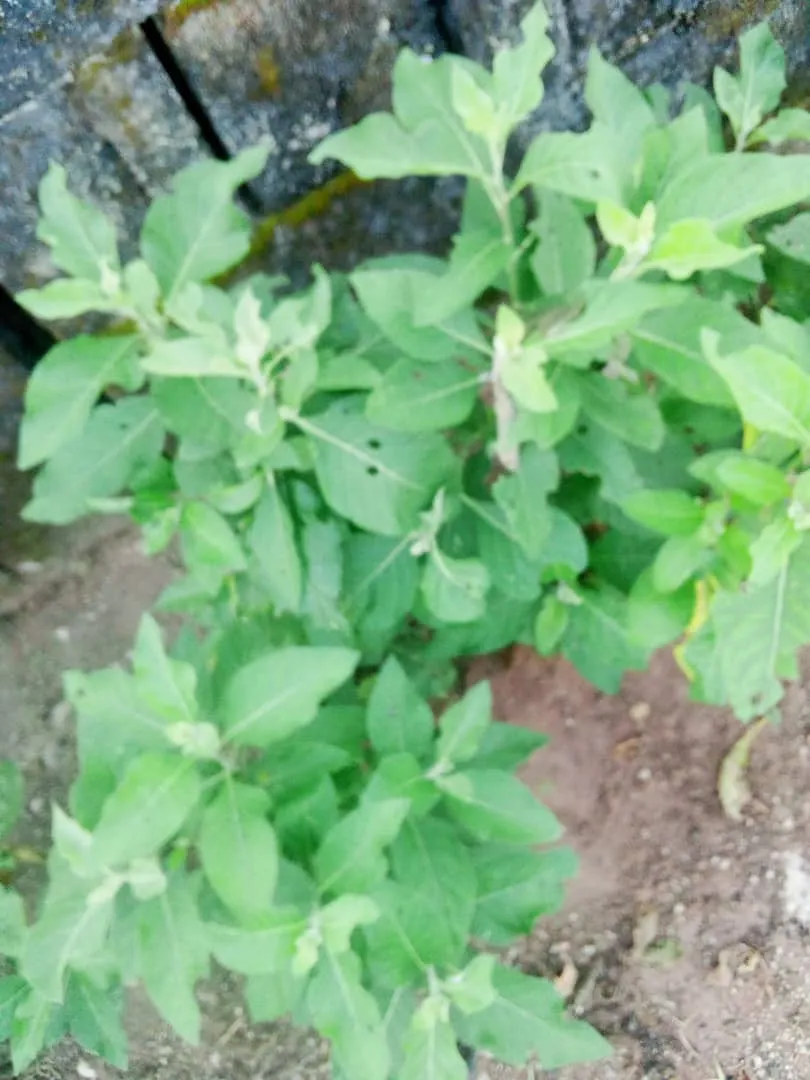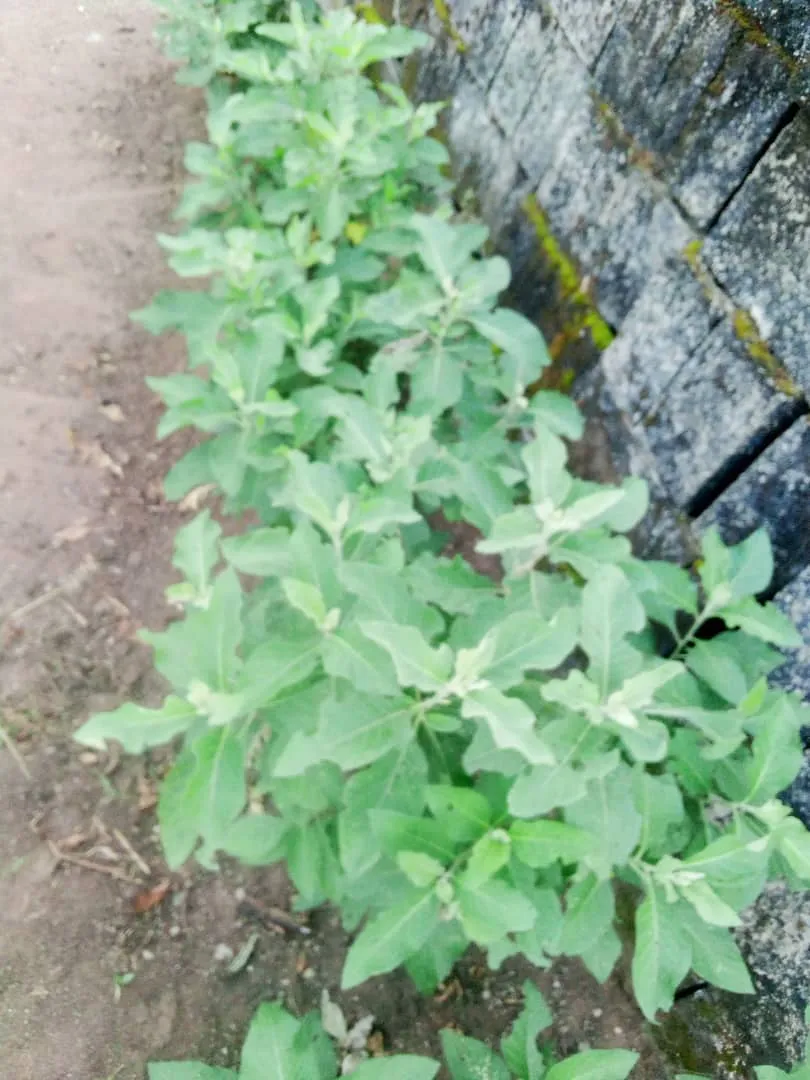Good morning my people of hive community, hope you all are doing well. I am here again today to share my knowledge on Bitterleaf farming and it's health benefits, please read to the end so that you will know what Bitterleaf is all about.

Bitter leaf (Vernonia amygdalina) is a versatile and nutrient-rich plant that has gained popularity not only for its culinary uses but also for its remarkable health benefits. As interest in natural remedies and healthy living grows, bitter leaf farming emerges as a sustainable and rewarding venture. In this article, we explore the cultivation of bitter leaf and delve into its numerous health benefits.

Cultivation of Bitter Leaf:
Bitter leaf is native to tropical Africa and thrives in regions with warm temperatures and well-drained soil. Cultivating bitter leaf involves providing the right conditions for the plant to flourish. Farmers can opt for either traditional field cultivation or controlled-environment farming, such as greenhouse cultivation. Bitter leaf is known for its hardiness, making it suitable for cultivation in a variety of climates.
Health Benefits of Bitter Leaf:
Rich in Nutrients:
Bitter leaf is a nutritional powerhouse, containing essential vitamins and minerals such as vitamin A, C, E, calcium, and iron. Incorporating bitter leaf into the diet can contribute to overall well-being and support a healthy immune system.Antioxidant Properties:
The plant is renowned for its potent antioxidant properties, which help combat oxidative stress in the body. Antioxidants play a crucial role in preventing cell damage and reducing the risk of chronic diseases.Anti-Inflammatory Effects:
Bitter leaf contains compounds with anti-inflammatory properties, making it a valuable asset in managing inflammatory conditions. Regular consumption may help alleviate symptoms associated with arthritis and other inflammatory disorders.Blood Sugar Regulation:
Studies suggest that bitter leaf may assist in regulating blood sugar levels. This makes it a promising natural remedy for individuals with diabetes or those looking to maintain stable blood sugar levels.

Digestive Health:
Bitter leaf is traditionally used to promote digestive health. It stimulates the production of digestive enzymes, aids in the breakdown of food, and supports a healthy gastrointestinal tract.Weight Management:
Including bitter leaf in a balanced diet may aid in weight management. Its fiber content promotes a feeling of fullness, reducing overall calorie intake.
Market Potential and Economic Opportunities:
The growing demand for natural and organic products presents a significant market opportunity for bitter leaf farmers. With its increasing popularity in health-conscious communities, bitter leaf can be sold fresh, dried, or processed into various products like teas, supplements, and extracts. Entrepreneurs in the agricultural sector can explore value-added opportunities, contributing to both economic growth and community well-being.
Challenges and Considerations:
While bitter leaf farming offers numerous benefits, it's essential for farmers to be aware of potential challenges. Pests, diseases, and market fluctuations are factors that require careful management. Additionally, sustainable farming practices should be prioritized to ensure the long-term viability of bitter leaf cultivation.

Conclusion:
Bitter leaf farming is not just about cultivating a crop; it's about cultivating wellness. As the demand for natural health solutions rises, bitter leaf stands out as a resilient and nutritionally rich plant. By embracing bitter leaf farming, individuals can contribute to their own health while also fostering economic opportunities and sustainable agriculture practices in their communities.
Thanks for stopping by to read my article, I truly appreciate.